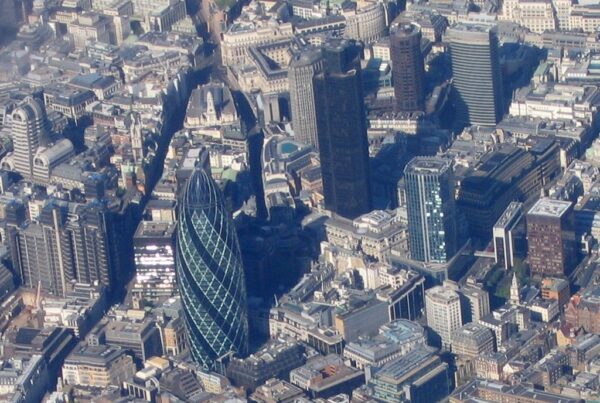
High Pay Centre Statement on the Government’s decision to scrap its planned Corporate Governance and Audit Reform Bill
The decision to abandon its Corporate Governance and Audit Reform Bill is a missed opportunity, based on the myth that effectively regulating business is bad for growth.

